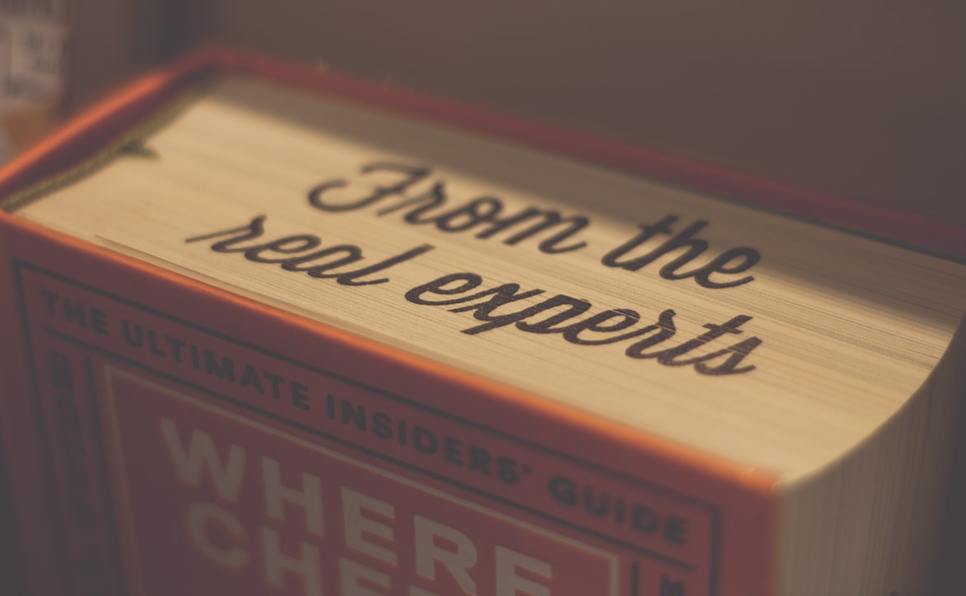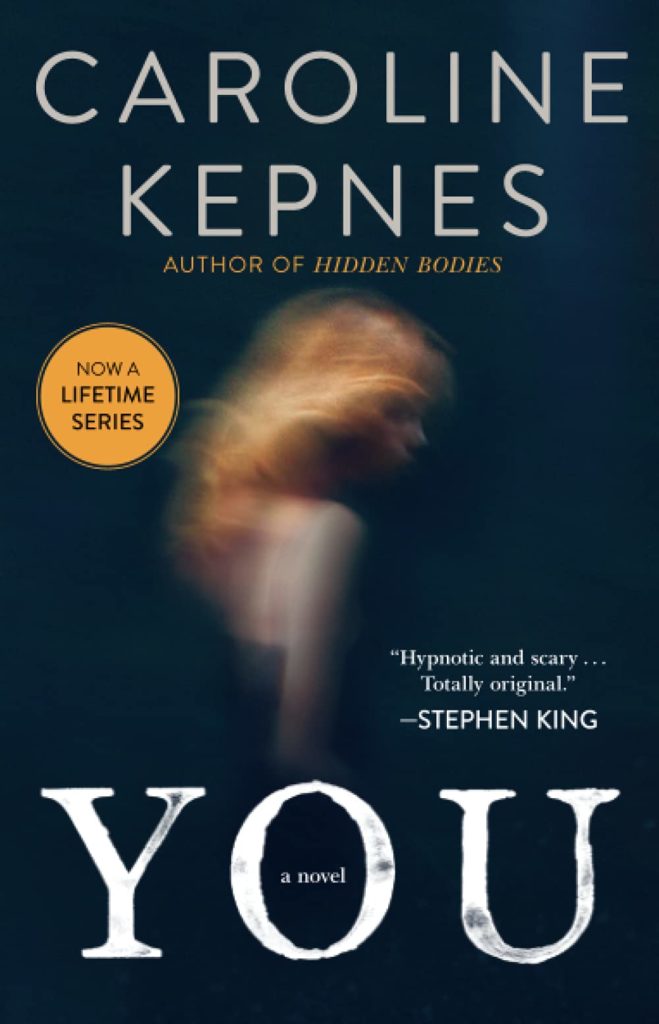What is a book blurb?
A book blurb is two things:
- A paragraph or two on the back cover or the inside jacket of a book that gives the reader a quick overview of the story; and
- An endorsement, usually in quote form, from someone saying something positive about you or your book.
A note on the overview
It’s astonishing how similar query letters are to book blurbs. You have the hook, line, and sinker, written in such a way to entice your reader and to give them a good idea of what they can expect from your book. For more information on that marketing-style paragraph, check out the query letters topic. Just note that while the content, length, and tone will vary, the “meat” of the overview copy is the same: it is marketing copy designed to appeal to consumers. That’s it!
Why do endorsement-style book blurbs exist?
Book blurbs are designed to:
- Signal what your book is about
- Help the reader understand why it is important
- Provide social proof that other authors think it is important
- Help guide readers to make an appropriate buying decision
- Differentiate your book
- Sell your book
Who should blurb your book?
It’s better to have no blurbs at all than a bad blurb, or a blurb that’s too salesy, or from someone unknown or unrelated to your book’s genre. That is to say, the bigger the name, and the more relevant, credible, and authoritative they are, the better. You’re trying to leverage their authority, which can come from their position, fame, and/or notoriety within your field. You can also showcase blurbs from press outlets, rather than individual authors, extracting any positive quotes from related press, and using it to support the message that your book is worth buying.
Can you launch a book without a blurb?
Absolutely! Some books launch without jacket copy, and without other authors having “blurbed” them. However, when you sell your book online, you will need a book blurb (the overview) to accompany your book as part of its metadata i.e. the copy that helps readers differentiate your book from others. Most books tend to have one type of blurb or the other, though. Otherwise, your book jacket and first few pages can look a little lonely. On the other hand, books that are over-stuffed with too many blurbs can look gimmicky. That “advanced praise” section should be no more than four pages, otherwise readers will simply skim them (and often do, regardless of the length).
Should you pay for someone to blurb your book?
Chances are, if you’re paying for a review, it’s going to sound fake and try-hard. Readers will get put off it sounds over the top. If you’re talking about paying for jacket copy, well, if you can’t write a couple of succinct paragraphs summing up what you’re book’s about, your book probably isn’t ready for sale. Marketing copy – or a baseline familiarity with it – should form a part of every writer’s arsenal. And if you’re lucky, you’ll have a fantastic team from within the publisher or imprint working hard to help market your book. They will often work on your behalf to mail advanced reader copies (ARCs) or galleys to a targeted list of influential authors or thought leaders. These people get a copy in exchange for a review or blurb. Again, it can feel a little bit icky and salesy; there’s a fine line between natural marketing tactics and overly pushy promotion.
How can you ask an influential author for a blurb?
Simple: you ask them. The worst they can so is no, right? Most authors have their contact details (or their agent’s or publicist’s details) on their websites. To make their lives easier, you can provide them with a quick summary (ironically, the other type of blurb), and a couple of pre-written quotes for them to choose from. Don’t send them the whole manuscript up-front; most blurbers don’t have time to read every book they’re asked to blurb – especially the more famous ones.
How important are book blurbs, really?
Book blurbs won’t make or break your book, so don’t fret if you can’t get as many endorsements, testimonials, quotes, or reviews as you’d hoped. Of course, the more connections you have, and the more people you reach out to, the more likely you are to get a bunch of blubs. But one good blurb beats twenty irrelevant blurbs any day. Similarly, while it’s good practice to have jacket copy, you don’t necessarily need it to sell your book. Book blurbs are just one type of useful marketing tool in a suite of other marketing tools, but they are far less important than other types of reviews that help you grow your readership organically.
Example blurb: Overview
I’m taking Caroline Kepnes’s fabulous dark tale You. The below is simple, character-driven, enticing jacket copy. Note its simplicity, and the echoes of any good query letter: the hook, the set-up, the conflict, the intrigue:
When a beautiful, aspiring writer strides into the East Village bookstore where Joe Goldberg works, he does what anyone would do: he Googles the name on her credit card.
There is only one Guinevere Beck in New York City. She has a public Facebook account and Tweets incessantly, telling Joe everything he needs to know: she is simply Beck to her friends, she went to Brown University, she lives on Bank Street, and she’ll be at a bar in Brooklyn tonight—the perfect place for a “chance” meeting.
As Joe invisibly and obsessively takes control of Beck’s life, he orchestrates a series of events to ensure Beck finds herself in his waiting arms. Moving from stalker to boyfriend, Joe transforms himself into Beck’s perfect man, all while quietly removing the obstacles that stand in their way—even if it means murder.
Example blurb: Praise
On the cover, we have the most famous and influential horror writer of all time, Stephen King. Nice job, Kepnes marketing/publicity team!
Hypnotic and scary… Totally original.
—Stephen King
Then on the first three pages, we have the “praise” section, featuring relevant authors (even if you don’t know Jennifer Hillier, you can tell she writes in the same genre as Kepnes from the book title The Butcher), as well as well-known presses and media outlets. Considering You is Kepnes’s debut, these book blurbs provide her with huge clout, and certainly helped her on her way to the success of the subsequent trilogy and TV series.
Intense and deeply disturbing, You is a dark story told in a fresh voice, and an addictive read from beginning to end. Being inside Joe Goldberg’s head was both a thrill and a nightmare, and yet I didn’t want to wake up. I look forward to more from the very talented Caroline Kepnes.
—Jennifer Hillier, author of The Butcher
I especially enjoy some of the one word blurbs – taken out of context of the full review to make for a snappy, enticing assessment, enough for any reader to pick up this book. Compelling, indeed.
Ominous.
—US Weekly
Compelling.
—Entertainment Weekly
Recommended reading
Here at Aspiring Author, we love recommending bestsellers and fawning over hot new releases. On this real time recommended reading list, you will find a list of top rated books on the publishing industry, craft, and other books to help you elevate your writing career.










